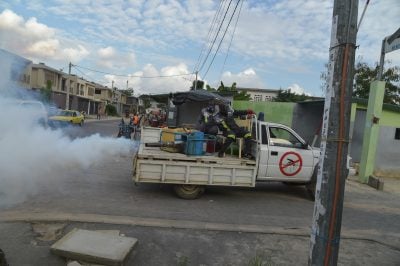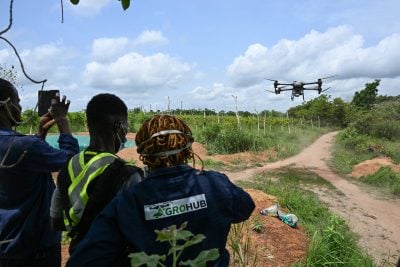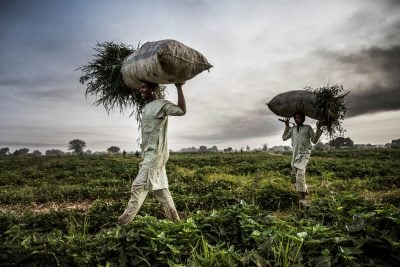Covid-19 cases jumped 311% in South Africa in the week to 30 November, according to the WHO, as fears of the Omicron variant pushed more citizens to seek vaccines.
The rise in cases has been particularly concentrated in Gauteng, the most populous province that houses Johannesburg, which saw a 375% increase in cases week-to-week, a rise in hospitalisations of 4.2%, and a jump of 28.6% in Covid-related deaths.
The WHO says that the Omicron variant has a high number of mutations in its spike protein, with preliminary evidence suggesting an increased risk of reinfection compared with other variants of concern.
Experts from the National Institute for Communicable Diseases in South Africa, who are studying the variant, predict that cases of the virus will rise “exponentially” in all provinces of the country, and say that previous infection does not protect against reinfection. Nevertheless, they say that vaccines can protect against severe disease from the new variant.
In the last 24 hours, 51,202 vaccines were administered in Gauteng, over double the number of vaccinations administered in the second-most vaccinated area in that period, the Western Cape.
Reports suggest that the demand for vaccines is increasing rapidly since the announcement of the new variant. Prior to the discovery, the rate of vaccination in Gauteng had been steadily falling from 415,149 per week in August to 208,042 a week by late November, mirroring a national decline in the weekly vaccination rate. By 24th November, before the announcement of the new variant, South Africa had asked Johnson & Johnson and Pfizer to suspend delivery of Covid-19 vaccines as it had enough stock to meet the limited demand.
A total of 25,782,259 vaccine doses have been administered in total in South Africa, according to the government, including over 7m in Gauteng. Yet that is only enough to provide full vaccination to around 36% of the population.
“The detection and timely reporting of the new variant by Botswana and South Africa has bought the world time. We have a window of opportunity but must act quickly and ramp up detection and prevention measures. Countries must adjust their Covid-19 response and stop a surge in cases from sweeping across Africa and possibly overwhelming already-stretched health facilities,” said Dr Matshidiso Moeti, WHO Regional Director for Africa.
Risk to emerging markets recovery
In its new Global Credit Outlook 2022, S&P says that the spread of Omicron and the slow pace of vaccination in sub-Saharan Africa and other regions could hinder a tentative emerging markets recovery.
“The new Omicron variant is a stark reminder that the pandemic is far from over. Vaccinations have sped up in most key EMs. However, many countries remain far away from widespread immunity thresholds (70%-80% of population fully vaccinated), especially in EM Asia and Sub-Saharan Africa….The emergence of a new variant of concern (omicron) has elevated the risk of one-off lockdowns and further containment measures, which could undermine consumption and investment,” says the report.
Countries including the UK, US and European Union have already placed extensive travel restrictions on Southern Africa in response to the new variant, dealing a heavy blow to hopes for a tourism revival.
Following the initially reported cases in Botswana and South Africa, which together account for 62% of the global cases of Omicron officially announced so far, cases have also been detected in Ghana and Nigeria, according to the WHO.
Want to continue reading? Subscribe today.
You've read all your free articles for this month! Subscribe now to enjoy full access to our content.
Digital Monthly
£8.00 / month
Receive full unlimited access to our articles, opinions, podcasts and more.
Digital Yearly
£70.00 / year
Our best value offer - save £26 and gain access to all of our digital content for an entire year!

 Sign in with Google
Sign in with Google 





